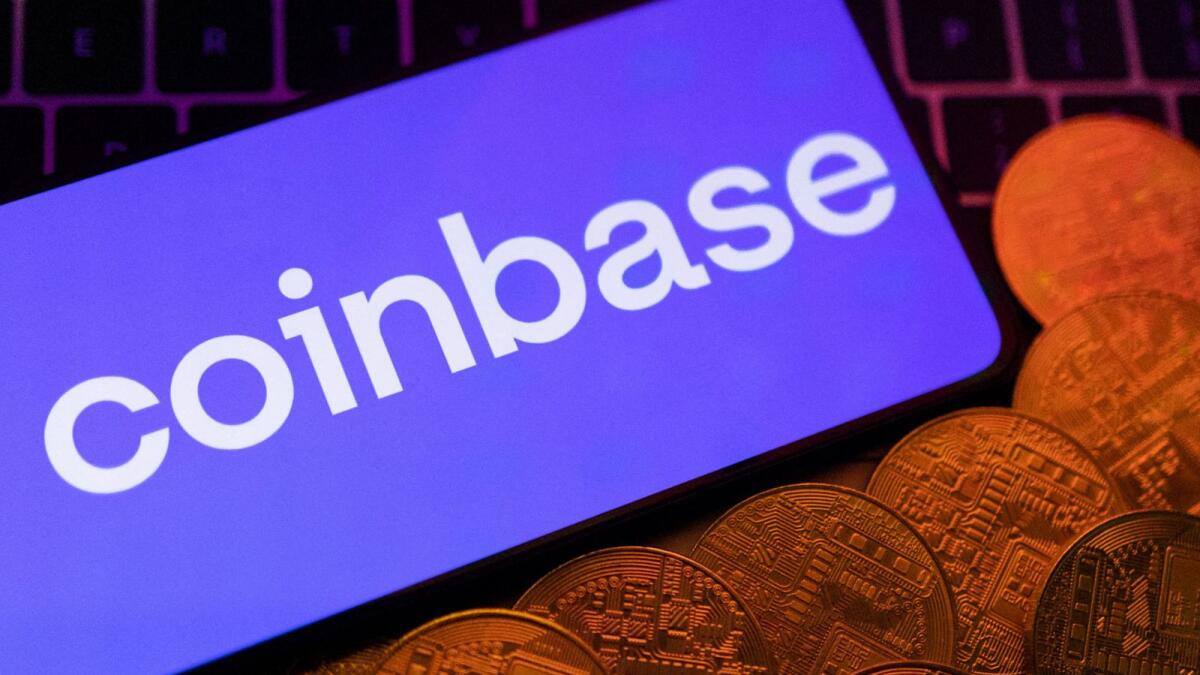Coinbase, one of the top cryptocurrency exchanges, has announced that it will be delisting certain stablecoins in the European Economic Area by the end of the year. This decision comes as the industry prepares for tougher regulations in the region, particularly with the implementation of the Markets in Crypto-Assets (MiCA) regulation by December. The MiCA regulation requires issuers of stablecoins to adhere to strict transparency, liquidity, and consumer protection standards to protect users from wild volatility.
With a commitment to compliance, Coinbase stated that it intends to restrict services to EEA users in connection with stablecoins that do not meet the MiCA requirements by December 30, 2024. To facilitate this transition, the exchange plans to offer impacted EEA customers options to switch to authorized issuers like Circle’s USDC and EURC, whose values are pegged to the U.S. dollar and euro, respectively. This move is part of Coinbase’s efforts to ensure regulatory compliance and protect investors in the EEA.
Stablecoins, which are crypto tokens pegged to a stable asset, have become increasingly popular in recent years, especially as traditional financial institutions like PayPal begin to adopt them. The rapid integration of stablecoins into mainstream finance has led to their widespread use for everyday transactions and investments. However, with regulatory scrutiny increasing globally, exchanges like Coinbase are proactively making changes to meet compliance standards and protect users from potential risks associated with unstable assets.
The delisting of certain stablecoins in the EEA by Coinbase is seen as a proactive step to comply with the upcoming MiCA regulation and ensure a safer trading environment for users in the region. By transitioning users to authorized issuers like Circle’s USDC and EURC, Coinbase aims to provide a seamless experience while maintaining stability and security for customers. This move also demonstrates Coinbase’s commitment to regulatory compliance and consumer protection, aligning with the evolving landscape of cryptocurrency regulations in the European Union.
As the cryptocurrency industry continues to evolve and face increased regulatory scrutiny, exchanges like Coinbase are adapting to meet changing requirements and ensure the safety of their users. The delisting of stablecoins in the EEA reflects a broader trend of exchanges taking proactive measures to comply with regulations and protect investors from potential risks. By offering alternative options to impacted customers and prioritizing transparency and consumer protection, Coinbase is setting a standard for regulatory compliance in the cryptocurrency space. With the MiCA regulation set to be fully applied by December, exchanges and issuers alike will need to navigate the evolving regulatory landscape to remain compliant and secure in the ever-changing world of crypto-assets.









